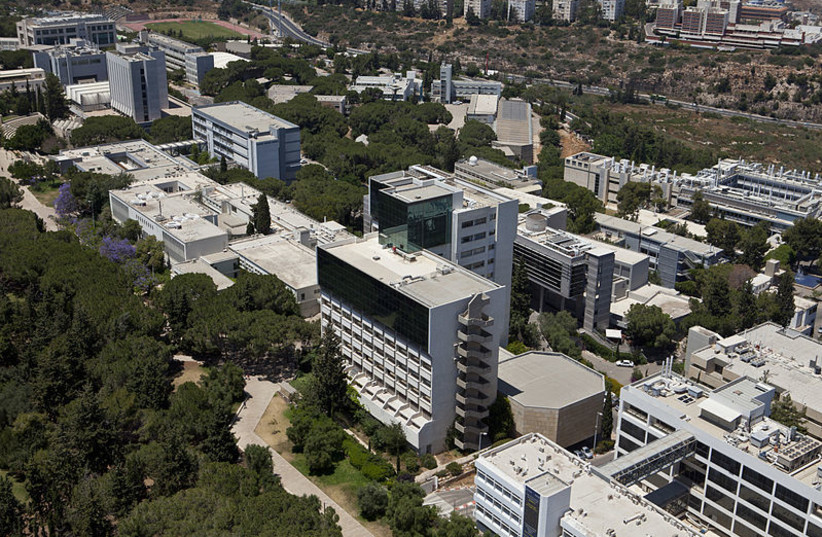Students from the Henry and Marilyn Taub Faculty of Computer Science at the Technion recently developed a voice-recognition app for the "Madrasa" project to help people learn Arabic. Part of the Madrasa project – which advocates for better communication in Israeli society through spoken Arabic courses – the app includes a voice recognition feature that will allow tens of thousands of students learning Arabic in online courses to practice their pronunciation.
The Madrasa project promotes Arabic learning through a platform that includes free online courses, extensive activity through digital channels, and many different collaborations. There are currently more than 100,000 students enrolled in Madrasa courses.
The project was led by Professor Alex Bronstein and aided by Technion students Mahmod Yaseen and Rajeh Ayashe, who created an effective infrastructure for bots to have conversations with students. The bot (voice recognition component) creates a conversation in Arabic and teaches students to pronounce words and have conversations on various topics.
The app will upgrade the students’ learning experience, provide alerts, and serve as the basis for many other developments – such as mobile games and more.

Students Noor Hamdan, Rina Atieh, Lina Mansour and Wadad Boulos worked on developing the app. "Working with the students was very effective and helpful," Gilad Sevitt, founder and director of Madrasa, said. “They came on board and contributed greatly to our project, and we enjoyed working together on both the linguistic and technological levels."
"During our seven years of operations, we have seen the need for people to practice their speaking proficiency while learning while hearing the same question from students over and over again: ‘What about an app?" The app’s conversations are written by Madrasa's team, and students developed an AI (artificial intelligence) editor that directs the level of conversation and content according to the knowledge gained by each student in the online courses.
"With the help of Technion students, we were able to develop a voice recognition component that will finally allow tens of thousands of students in our online courses to practice their pronunciation in Arabic and speak while learning," Sevitt said. “The component will be integrated as soon as possible in the courses alongside all videos, games, and exercises, and will be a kind of conversation bot through which students can practice their proficiency of spoken Arabic,” he concluded.
